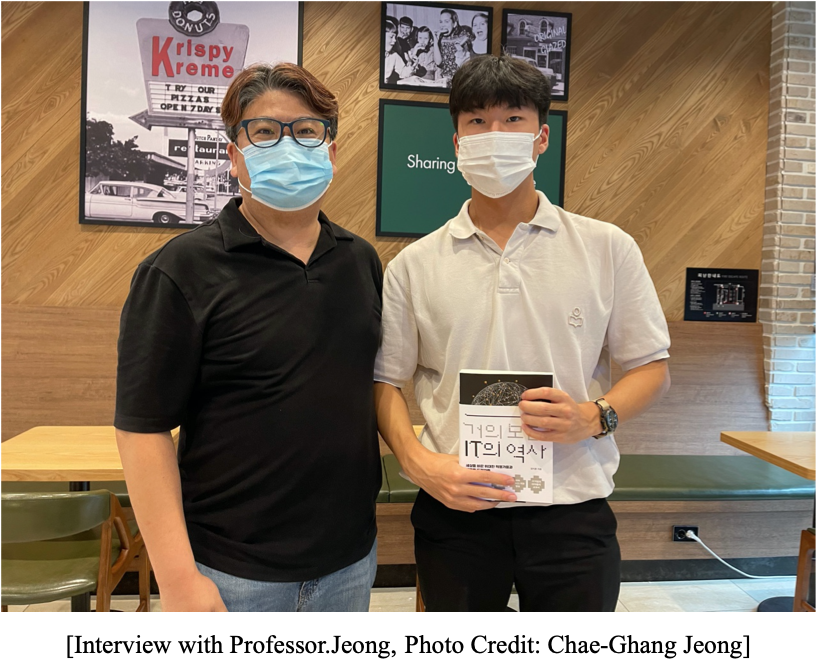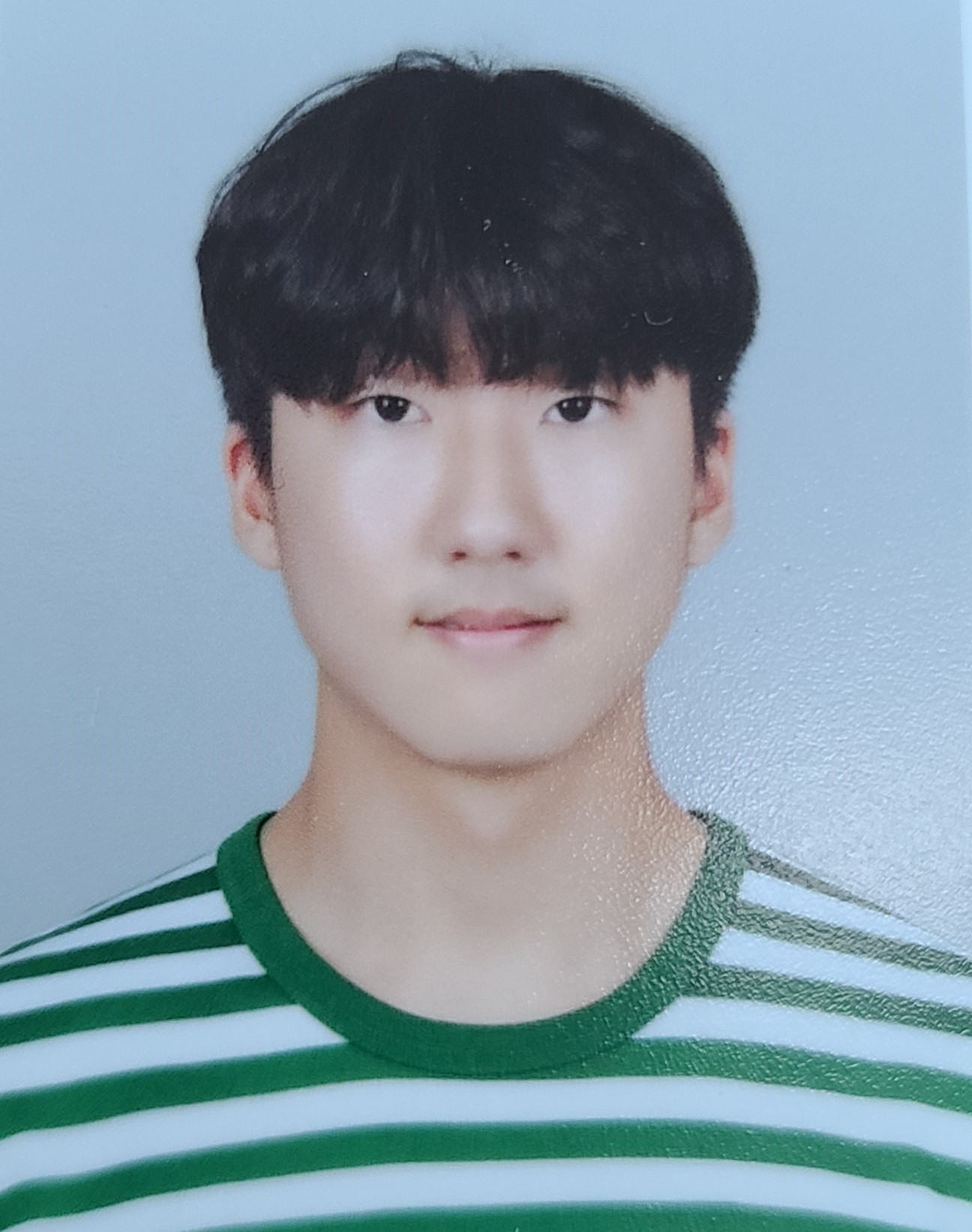
“To be a futurologist is to present a direction for society,” Professor Jeong insists. Interview with Jihoon Jeong, a professor at Kyung Hee Cyber University and a former head of MyeongJi Hospital IT Research Institute, reveals what it is to be a futurologist.
Professor Jeong explains that a futurologist proposes a hypothesis and makes that hypothesis credible. He structures that exploration of the future is categorized into the so-called ‘3p method,’ which includes possible, probable, and preferred future analysis. Possible and probable future are methods of predicting the future by conceiving scenarios and proving them through experimental evidence or modeling, such as a Delphi method.
On the other hand, a preferred future is a method by which he or she suggests a vision and persuades the people to be inclined towards that scenario. Professor Jeong is an expert in presenting a preferred future, and he dubs himself “future writer” rather than the term “futurologist,” because he is more inclined to instigate a movement in society.
The merit of being a futurologist is observing how society moves in the direction he or she has proposed, according to Professor Jeong. Futurology is not an easy profession; it requires extensive knowledge in a wide range of fields to view society through a wider scope. Professor Jeong has a bachelor’s degree in medicine, a master’s degree in the division of health policy and management, and a doctorate in biomedical engineering.
Due to thorough background knowledge, Professor Jeong is especially erudite in the field of medicine and digital technology. Interconnecting different subjects - medicine, technology, policies - Professor Jeong also works as a consultant for biomedical companies like Medihere.
Since he is an expert in the field of medicine, I asked him about a hot subject: will remote healthcare experience significant growth after the pandemic? With the rise of the pandemic, almost every aspect of society has shifted to virtual mode: education, work, etc. Will healthcare too? Though, South Korea has previously restricted telemedicine through policies for various concerns.
“For change to happen in a society, a chasm must be crossed.”
Professor Jeong explains that for a significant change to occur in society, the so-called chasm in Geoffery Moore’s model must be overcome. Innovators and Early adopters accept a new paradigm or idea. However, it rarely reaches an early majority, and the change usually fails in the “chasm.”
In the case of COVID-19, the forced lockdown and the fear of infection have propelled the remote healthcare service across this chasm by legal restrictions. And once this chasm is crossed, Professor Jeong explains that the society may partially return to its previous state, but a notable change remains in the society. He predicts that the virtual healthcare system will experience notable growth after the pandemic.
However, he insists that the remote healthcare system is more accepted and prevalent abroad. He is focusing on telemedicine abroad because he believes implementing remote healthcare services in South Korea is more challenging.
South Korea experienced less severe impacts from the pandemic, unlike other countries, so the merit of safety and comfortability struggles to outcompete the concerns for an increase in healthcare cost or safety of information.
Therefore, he estimates that it is impossible to fully satisfy service providers, payers, consumers, and third-party supporters of the remote healthcare system in South Korea, which makes it challenging to implement such a system. Analyzing this situation, he is offering a vision for telemedical companies to target markets abroad, which has more lucrative opportunities. Nonetheless, he is also supporting emerging telemedical platforms in South Korea.
Perhaps futurologists like Professor Jeong are the most knowledgeable and insightful predictors of society. Especially in this turbulent time of the pandemic, they would provide a path for social recovery and changes.
“I see the forest. Not the individual trees.” What we can’t see, they might see behind us.

Chae-Ghang Jeong
Grade 11
North London Collegiate School Jeju

